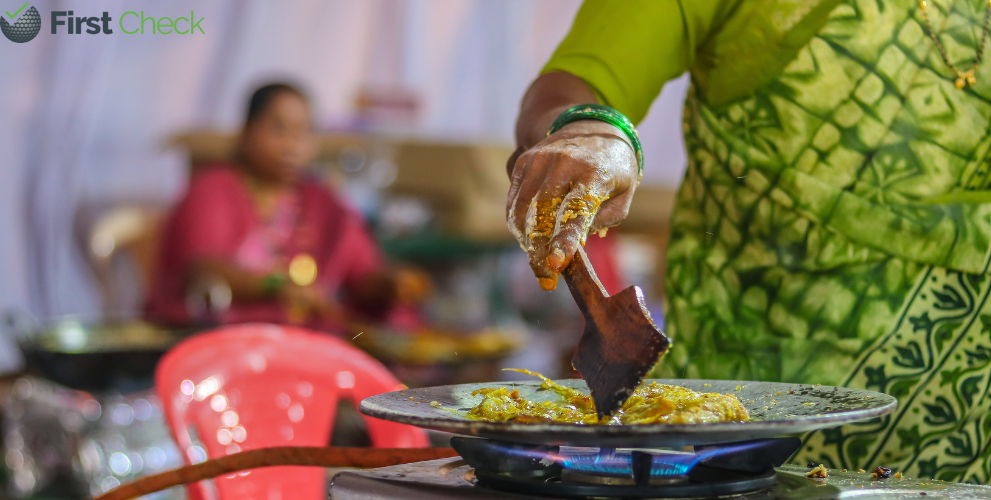Improved cookstoves reduce low birth weight in rural Bangladesh: A Lancet study
Author
Author
- admin / 2 years

- 0
- 2 min read

Author
Implementing low-cost kitchens with improved cookstoves reduces low birth weight in rural Bangladesh by decreasing maternal exposure to harmful biomass fuel pollutants.
By First Check Team
A Lancet study by the International Centre for Diarrheal Disease Research, Bangladesh (ICDDR) shows that using low-cost kitchens with improved cookstoves can reduce the prevalence of low birth weight among rural neonates by 37%.
Traditional cookstoves burning biomass fuels like wood, crop residue, and animal dung produce harmful smoke containing pollutants such as carbon monoxide (CO), sulphur dioxide (SO2), and nitrogen dioxide (NO2) as well as different sized particulate matter (PM) due to incomplete combustion. These pollutants, inhaled by pregnant women, are linked to abnormal foetal development and low birth weight.
To address this, the ICDDR conducted a trial with 1,267 pregnant women from rural Bangladesh. Participants were divided into two groups: 628 received improved cookstoves, while 639 continued using traditional ones.
Over a 15-months period, the Centre enrolled 1,267 pregnant women into a cluster-randomised controlled trial of the ‘low-cost kitchen with improved cookstove’, and followed them up to 42-days postpartum in rural Bangladesh.
Results showed a 37% reduction in low birth weight risk in the intervention group.
During the second and third trimesters, the carbon monoxide levels in the blood of women using the improved cookstoves dropped from 10.4% to 8.9%. In the group using traditional stoves, the levels stayed about the same (11.6% and 11.5%). Almost half (48.3%) of the reduction in low birth weight risk was due to this drop in carbon monoxide levels.
With a 23% prevalence of low birth weight, Bangladesh ranks high globally for low birth weight rates. Household air pollution from traditional cookstoves is a major contributing factor. Improved cookstoves burn biomass fuels more efficiently, reducing harmful emissions and improving indoor air quality.
This study demonstrates that affordable interventions like improved cookstoves can significantly improve maternal and neonatal health in rural areas, offering a valuable public health strategy to combat low birth weight globally.









